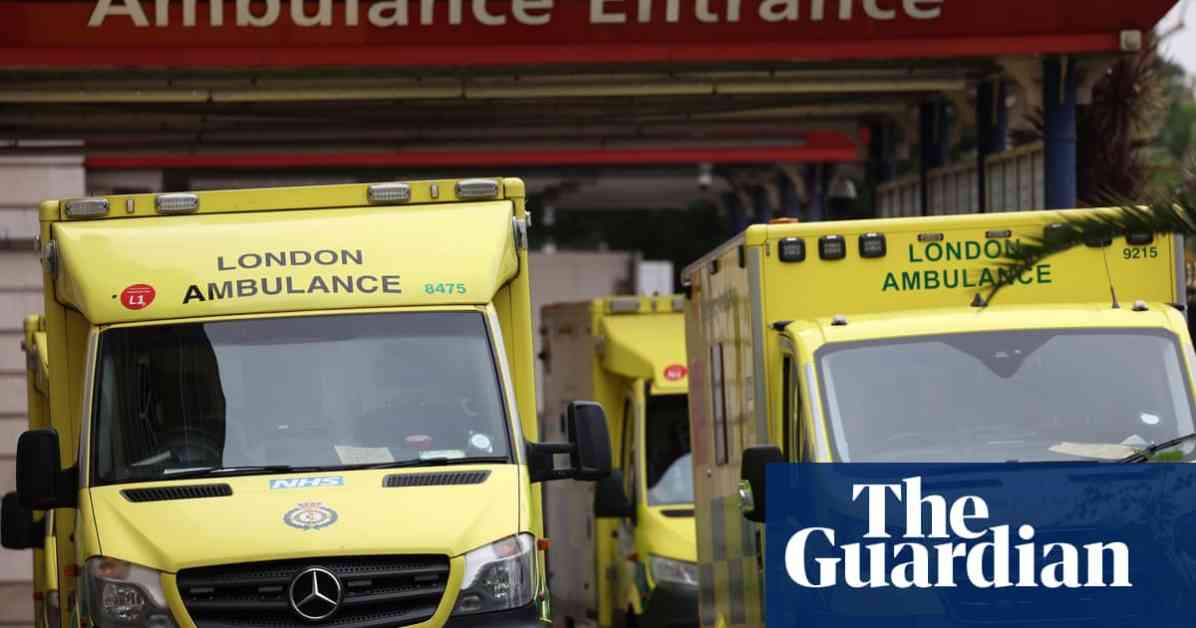The recent rise in racist abuse towards Muslim NHS workers amid far-right riots has caused unprecedented fear and anxiety among healthcare staff, according to Dr. Salman Waqar, the president of the British Islamic Medical Association (Bima). The association, representing about 7,000 healthcare staff, has reported an increase in abusive incidents, with some workers facing threats, racial slurs, and intimidation.
Dr. Waqar highlighted the impact of this abuse on NHS workers, mentioning instances where healthcare professionals had to close their GP surgeries early, work remotely, or take taxis to ensure their safety. The fear and uncertainty faced by these workers have led to concerns about their future in the UK, with international colleagues questioning whether they can continue working in such an environment.
The British Egyptian Medical Association (Bema), which represents around 11,000 doctors, dentists, and pharmacists, also expressed similar concerns about the increase in fear of racist abuse among its members. The hostile environment created by these incidents has resulted in heightened stress, anxiety, and reduced morale among healthcare professionals, affecting their ability to provide effective care.
The chief executive of NHS England, Amanda Pritchard, emphasized the impact of racism on NHS workers, noting that these incidents can leave healthcare professionals feeling afraid and unwelcome. The London ambulance service reported an increase in racial abuse towards some staff members, prompting health secretary Wes Streeting to assert that those who are racist towards NHS staff should be turned away.
In response to these troubling developments, Bima and the NHS Muslim Women’s Network have called for healthcare institutions to specifically address Islamophobic abuse. They emphasized the need for authorities to acknowledge and condemn Islamophobia, as failing to do so contributes to the tolerance of this form of racism.
Dr. Waqar stressed the importance of receiving assurances from regulators and the government to address targeted abuse towards the Muslim community. Without proper recognition and action against such abuse, healthcare workers feel vulnerable and exposed, making it difficult for them to cope with the challenges they face.
It is crucial for healthcare institutions and authorities to take a strong stance against racism and discrimination towards NHS workers, ensuring a safe and inclusive environment for all healthcare professionals. Addressing these issues promptly and effectively is essential to upholding the wellbeing and morale of those who play a critical role in the healthcare delivery system.












